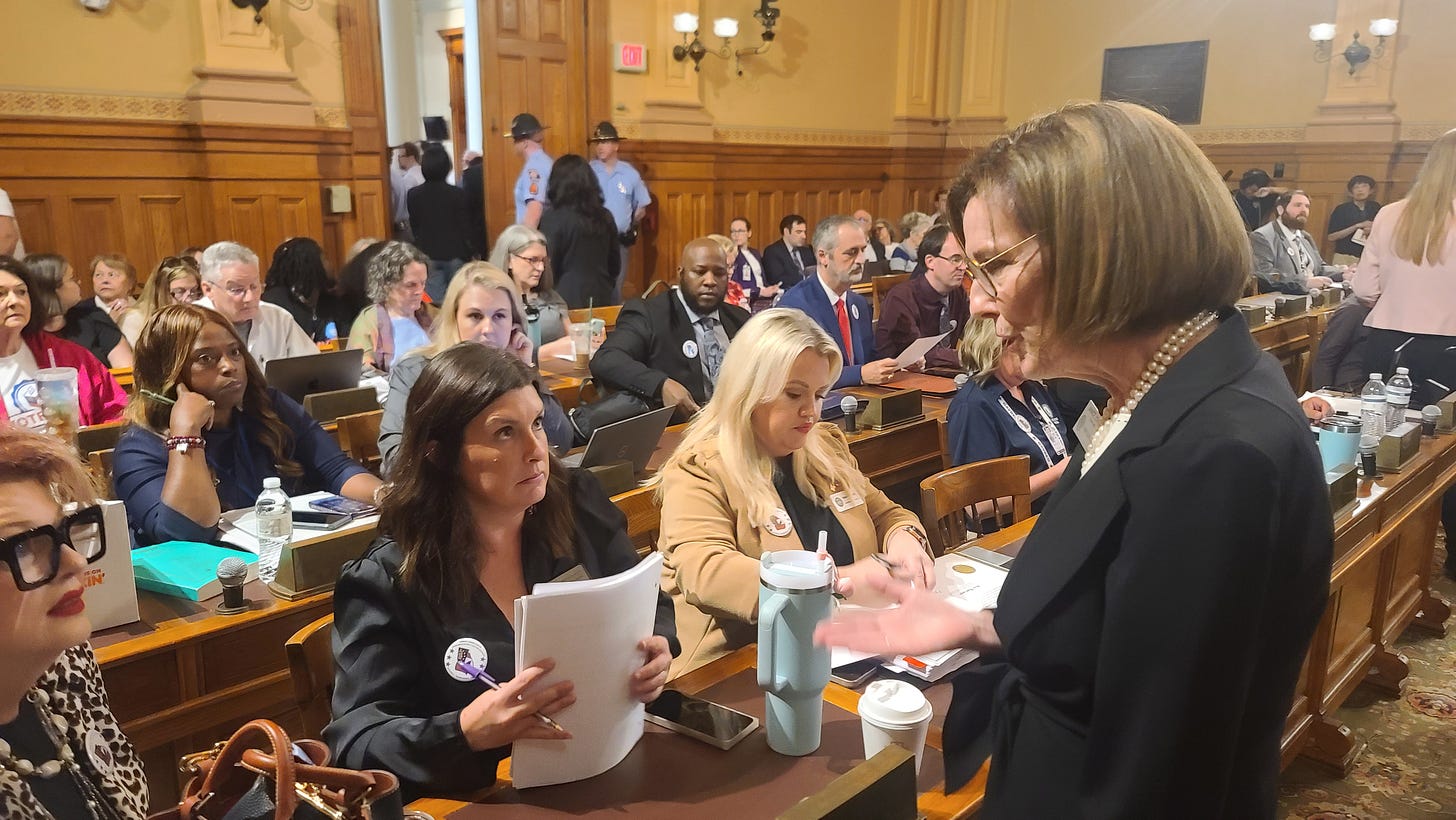The Return of the Hand Count
The election is over. The assault on elections law in Georgia continues.
Some Georgia lawmaker axe murdered HB 397 yesterday afternoon while no one was looking and dressed an election crackpot zombie in its clothes.
The gutting and rewriting of bills after Crossover Day is common enough. In this case, a two-page bill allowing municipalities…
Keep reading with a 7-day free trial
Subscribe to The Atlanta Objective with George Chidi to keep reading this post and get 7 days of free access to the full post archives.


